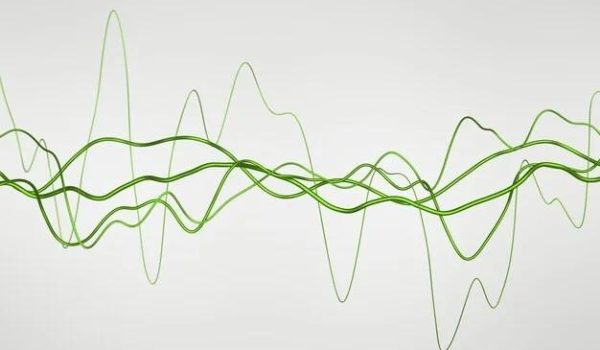Harmonic Audit

As industries increasingly automate their processes to enhance control over operations and reduce energy costs, the use of electronic equipment has grown significantly. Devices like variable speed drives, rectifiers, and other power electronics have become essential. However, these devices often generate harmonics, a significant power quality issue that is frequently misattributed to other causes.
Harmonics are periodic distortions in electrical waveforms, caused by non-linear loads that draw current in abrupt pulses instead of a smooth, sinusoidal manner. These distortions can negatively impact the performance and lifespan of critical equipment, destabilize the grid, and affect all users connected to the system.
Why Is It Important?
Harmonics are one of the most critical power quality issues, with significant implications for equipment performance, energy efficiency, and grid stability. Some of the common impacts of harmonics include:
➤ High Current Flow in Neutral Conductors: Leading to temperature rise in cables and increased risk of overheating.
➤ Equipment Overheating: Motors and transformers running hotter than designed, shortening their operational lifespan.
➤ Increased Susceptibility to Voltage Dips: Resulting in spurious resets or operational failures.
➤ Reduced Transformer Efficiency: Requiring oversized transformers to handle harmonic loads.
➤ Losses in Equipment: Increased eddy current and hysteresis losses, reducing overall system efficiency.
➤ Capacitor Failures: Caused by harmonic resonance.
➤ Circuit Breaker Tripping: Due to inductive heating and overload conditions.
➤ Equipment Failures: Failure of electromagnetic loads such as motors and solenoids.
Deliverables
Our Harmonic Audit services provide:
➤ Field Study and Data Collection: Measuring and recording harmonic levels at key points in the system, including Main Incomer, PCC (Point of Common Coupling), and MCC (Motor Control Center) levels.
➤ Harmonic Analysis: Detailed evaluation of harmonic levels based on IEEE 519-2014 standards.
➤ Observations and Impact Assessment: Identifying sources of harmonic distortion and evaluating their impact on system performance and equipment health.
➤ Mitigation Recommendations: Tailored solutions to limit harmonics, including the selection and design of filtering requirements to reduce both current and voltage harmonics.
➤ Comprehensive Audit Report: A detailed report containing observations, analysis, and actionable recommendations to address harmonics.
Applicable Standards
We follow the highest international standards to ensure reliable results and compliance, including:
➤ IEEE 519-2022: Recommended Practices and Requirements for Harmonic Control in Electrical Power Systems.
➤ IEEE 1547: Standard for Interconnection and Interoperability of Distributed Energy Resources with Associated Electric Power Systems Interfaces.
➤ IEC 61000 Series: Standards for Electromagnetic Compatibility (EMC) addressing harmonic emission limits.
Why Choose
Our Harmonic Audit Services?
➤ Expertise in Harmonic Analysis: Our team of skilled engineers uses advanced tools to identify and mitigate harmonic issues.
➤ Compliance Assurance: Ensure your system adheres to industry standards like IEEE 519-2014.
➤ Improved Efficiency: Optimize energy usage and extend the lifespan of critical equipment.
➤ Custom Solutions: Tailored recommendations based on your specific system needs.
➤ Comprehensive Reporting: Detailed, actionable insights for sustainable improvements.
